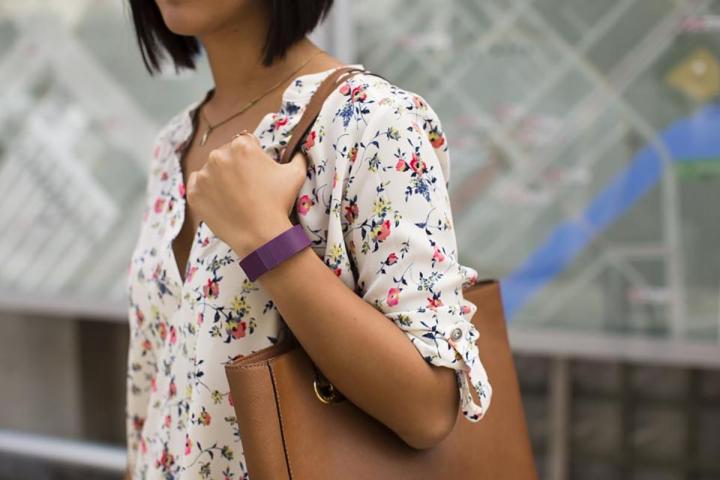
Updated on 04-17-2016 by Lulu Chang: Students produce petition to “stop grading students on their Fitbit activity”
While the university’s approach of attaching a letter grade to your health is certainly one way to keep a New Year’s resolution, it’s proven quite unpopular with its student body. Despite the fact that ORU insists that this new practice remains in line with their comprehensive approach to education, one that includes the mind, body, and everlasting spirit, there now exists a Change.org petition calling for the end of the practice.
“
Shortly after the initial news broke, some sites brought up privacy concerns about the university tracking its students’ sexual activity with the Fitbit data. ORU stated that it will not be tracking students’ sexual activity with the bands. Mike Mathews, the chief information officer at the Oklahoma university, told Motherboard that the Fitbits will “only track heart rate information and the number of steps students take automatically through the device.”
Other concerns, however, revolved around struggles over exercising and eating disorders. And now, the new petition is bringing those to light.
“Tracking and grading students’ physical activity encourages an unhealthy environment that may lead to drawing unfair comparisons between students, creating a one-size-fits-all benchmark for health, encouraging compulsions to over-exercise, adding even more stress to a college student’s life, and to students perceiving exercise as a burden instead of as a fun everyday activity,” writes Kaitlin Irwin, the petition’s author. “As someone who is recovered from an eating disorder, I can only imagine how this Fitbit requirement would have exacerbated my destructive behaviors.”
The university previously noted that no student’s privacy will be invaded as part of this new wellness plan, and that it’s really just looking out for the health of its students. “This is just for their grades so they pass the class, like it always has been,” Mathews said. “We aren’t doing anything with the data at this time. We are happy to know wearable technology is here to stay and we are leveraging it in the best way we can in a simplistic manner.”
ORU offers one of the most unique educational approaches in the world by focusing on the Whole Person,” ORU President William M. Wilson said in a statement, a local CBS News affiliate reported. “The marriage of new technology with our physical fitness requirements is something that sets ORU apart,” he continued. “In fact, when we began this innovative program in the fall of 2015, we were the first university in the world to offer this unique approach to a fitness program.”
But unique clearly isn’t the word that some students are using to describe the new regimen.”There are so many other, healthier ways to educate students and encourage physical activity, giving students the freedom to move—on their own terms. Physical activity — like riding a bike, having a snowball fight or taking a dip in the pool — doesn’t have to be regimented,” the petition states. “ORU’s attempt to track and grade their students’ aerobic activity may inspire unhealthy competition, unhappiness and stress, and could even trigger disordered thoughts and behaviors. Please sign my petition asking ORU to drop the Fitbit requirement for good.”


